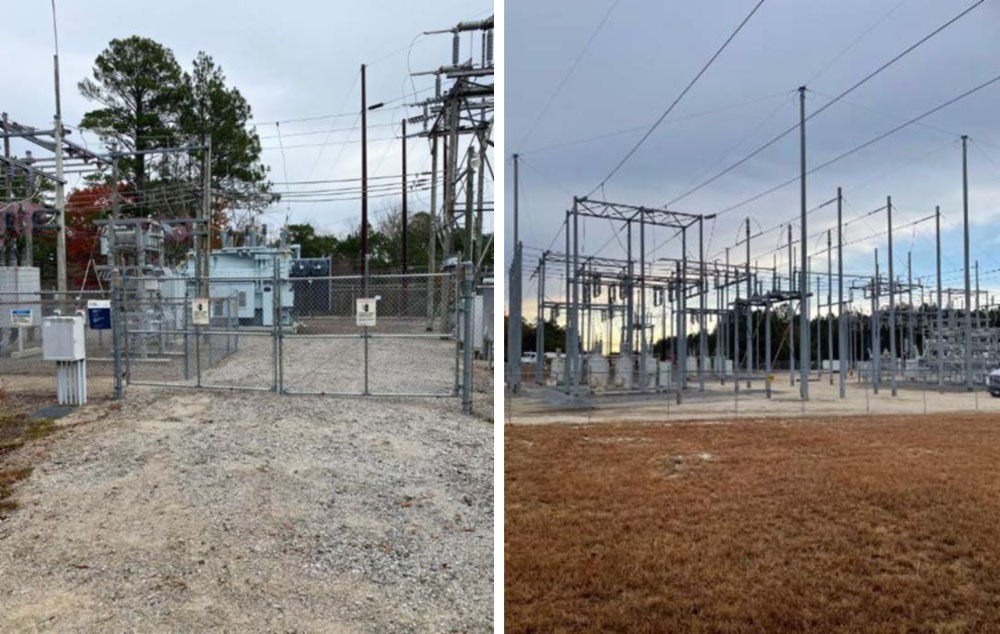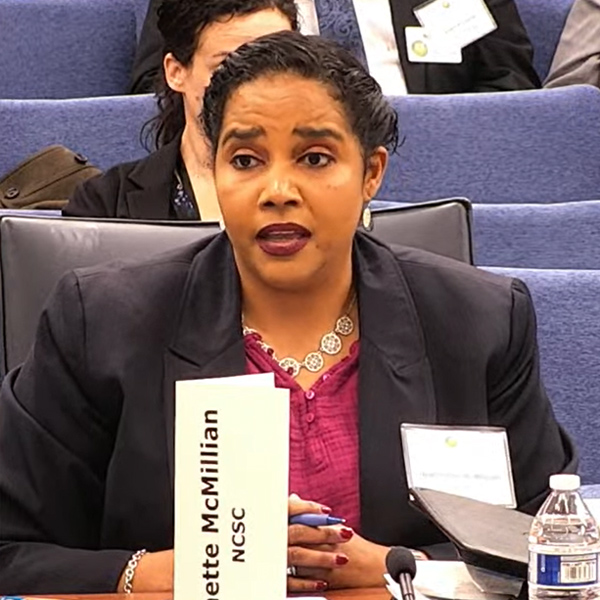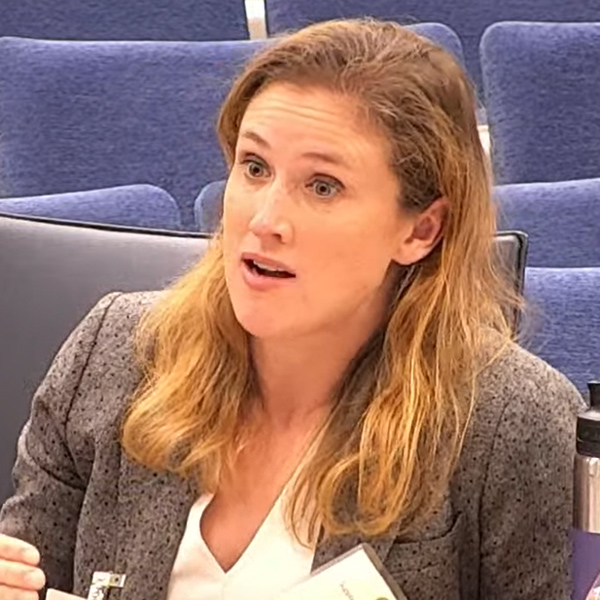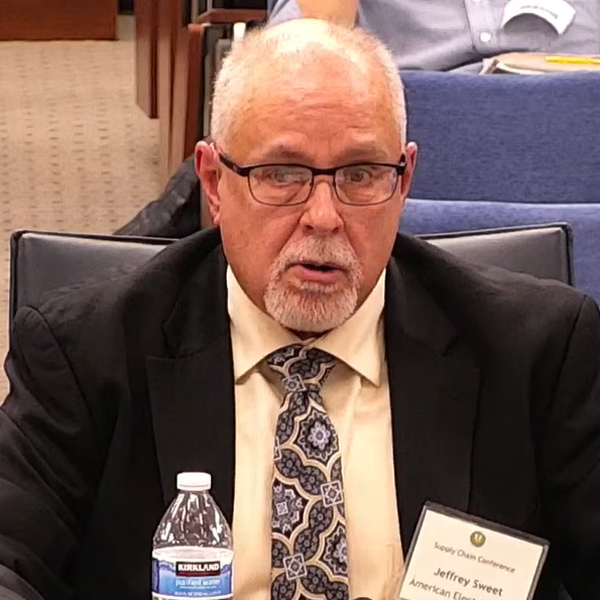ORLANDO, Fla. — MISO staff on Tuesday gave their board a first look at its concept map of proposed projects under the second phase of its long-range transmission plan (LRTP), saying the new portfolio could cost up to $30 billion.
Stakeholders reacted with disbelief over the portfolio’s possible magnitude when MISO transmission planners unveiled the map last week. (See ‘Conceptual’ Tx Planning Map Troubles MISO Members.)
Aubrey Johnson, vice president of system planning, said the grid operator isn’t “married to” the hypothetical network of 345-kV and 765 kV-lines and an HVDC line across Lake Michigan, but engineers “needed a place to begin work from.”
 MISO’s MTEP 22 report cover | MISO
MISO’s MTEP 22 report cover | MISO“This is an initial draft,” he said Tuesday during the board’s System Planning Committee meeting. “We view this as a directional starting point.”
Johnson reminded board members that in early 2021, staff warned them that it could require up to $100 billion in new transmission over the next few years for members to achieve their renewable generation additions and carbon-cutting goals. They said the first LRTP, based on the most conservative transmission planning future, could cost up to $30 billion. However, the resulting portfolio cost a little more than $10 billion. (See MISO Board Approves $10B in Long-range Tx Projects.)
“The billion-dollar question, I’m sure, is what it might take. This [portfolio] could be anywhere from $20 to $30 billion to achieve what we think is necessary” under MISO’s moderate second planning future, Johnson said.
Board members worried aloud that the RTO isn’t refreshing its future load assumptions as often as it does with generation predictions.
Alliant Energy’s Mitch Myhre, representing transmission-dependent utilities, said his sector was alarmed by the second LRTP portfolio’s potential scope and cost. He said MISO should consider non-transmission alternatives, synchronous condensers, and other transmission-enhancing technologies under the second LRTP plan.
Southern Renewable Energy Association’s Andy Kowalczyk asked MISO leadership and board members to consider moving up LRTP planning for MISO South. The grid operator is looking at the Midwest region in the first two of four LRTP portfolios.
MISO’s 2022 interconnection queue cycle currently holds 956 generation project submissions totaling 171 GW. More than 96% of those projects are renewable or storage. (See MISO Insists it can Handle Record-setting Interconnection Queue.)
“What sets this year apart is just the record number of requests,” MISO’s Andy Witmeier said.
The project submittals are a 128% increase over 2021’s 77 GW of nameplate capacity submissions. Witmeier said that the Inflation Reduction Act’s approval and MISO’s first LRTP portfolio spurred the increase in generation plans.
MISO has released the first two requests for proposals associated with its first LRTP portfolio: a 345-kV line on the Indiana-Michigan state border and the Denny-to-Fairport 345-kV on the Iowa-Missouri border.
MTEP 22 Winds Down
Board members on Thursday unanimously cleared the way for work to begin on MISO’s $4.3 billion, 382-project 2022 Transmission Expansion Plan (MTEP 22). (See MISO’s $4B MTEP 22 Clears 1st Board Vote Despite Criticisms.)
No members took advantage of a public comment period before the vote on the annual plan.
Since MTEP 03, $32 billion in transmission investment has gone into service; another $23 billion remains under development, including the first LRTP.
With MTEP 22 in the rearview mirror, expedited project submittals under MTEP 23 are already accumulating.
Entergy submitted two expedited review projects for MTEP 23 before MTEP 22 was formally approved. MISO found no harm in Entergy Texas’s work on two 138-kV substations in East Texas to accommodate industrial load growth. The utility will commence with a customer’s new, $28 million substation and $10 million in upgrades to another substation, adding a 12 MW load capability and 25.1 MVAr capacitor bank.



